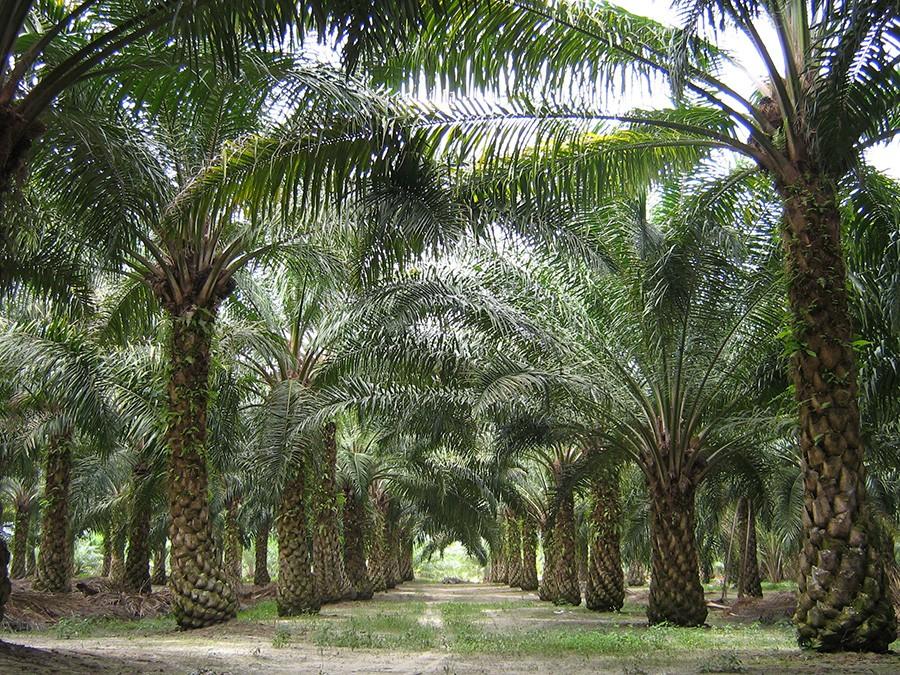Harmful effects of palm oil
https://en.wikipedia.org/wiki/Palm_oil
Palm Tree Plantation
January 28, 2016
It is in everything from your lipstick, to your soap, to your ice cream and everything else in between. You probably use it everyday without even knowing it. It is claimed to be one of the “most widely consumed vegetable oils on the planet” according to the World Wildlife Fund .
This diverse and common oil comes from palm fruit. Palm fruit are small and round fruit, found in palm trees, and range in colors from orange to dark red. Grown on farms in Colombia, Thailand, Malaysia, and Indonesia.
Palm oil has multiple uses, for example, soap and lotion companies use the oil because of its great moisturizing powers. It is also commonly found in food to replace other oils like olive or corn oil. Many people believe it is the best oil out there because of how diverse it is. But is this blessing really a curse in disguise?
Due to the palm trees’ size and unique location, they require more room than other plants and need to be placed tropical environments. In order to make room for these massive trees, farmers must clear acres and acres of lush green rainforest. This much clearing causes great deforestation and loss of habitat for other plants and animals. This can set the whole ecosystem of an area off. Not only are palm tree plantations harmful to other plants and animals, but the trees are damaging to the soil. Additionally, the over farming of this tree can cause the natural vitamin and minerals to disappear from the soil causing farmers to use chemicals to enhance the soil. This ultimately leads to an unhealthier plant, fruit, and oil. Since there is such a high demand for this oil, palm tree farmers keep clearing more land. According to Indexmundi.com the US alone imported 1,135 million tonnes of palm oil just in 2015, with about 90% of these imports coming from Indonesia who also annually produces 28.4 million tones of palm.
Not only have palm oil plantations been a main cause of deforestation, there has also been numerous reports of modern day slavery in Indonesia, Malaysia and numerous other places. According to Schuster Institute of Investigations, “the estimated 3.7 million workers in Indonesia’s palm oil industry include thousands of child laborers and workers who face dangerous and abusive working conditions.” These farms are violating basic human rights by forcing adults and children to work for very low wages. Bloomberg Business released an article written by E. Benjamin Skinner about the horrible conditions on a palm oil plantation. Skinner writes an article about a young man and his cousins that were tricked and lured into the palm oil business. While working they were forbidden to leave, were fed small amounts of questionable food, and “were locked in stifling, windowless barracks,” says Skinner. The young man and his family members were able to escape the hazardous conditions despite the deadly punishments they were threatened to receive.
Numerous people and companies have strayed away from using this product due to its negative affects on the environment. Lush cosmetics, known for their homemade cosmetics and luscious bath bombs, have not used palm oil since August of 2009. The World Wildlife Fund advocates against the use of palm oil and even has articles about why others shouldn’t use palm oil, as does the Rainforest Action Network.
Next time you’re eating instant noodles or using sunscreen, take a peek at the ingredients and notice how much palm oil you consume on a daily basis. Hopefully you will remember the menacing and lasting affect it has on the environment, and on the slaves who risk their life working at palm oil plantations.





